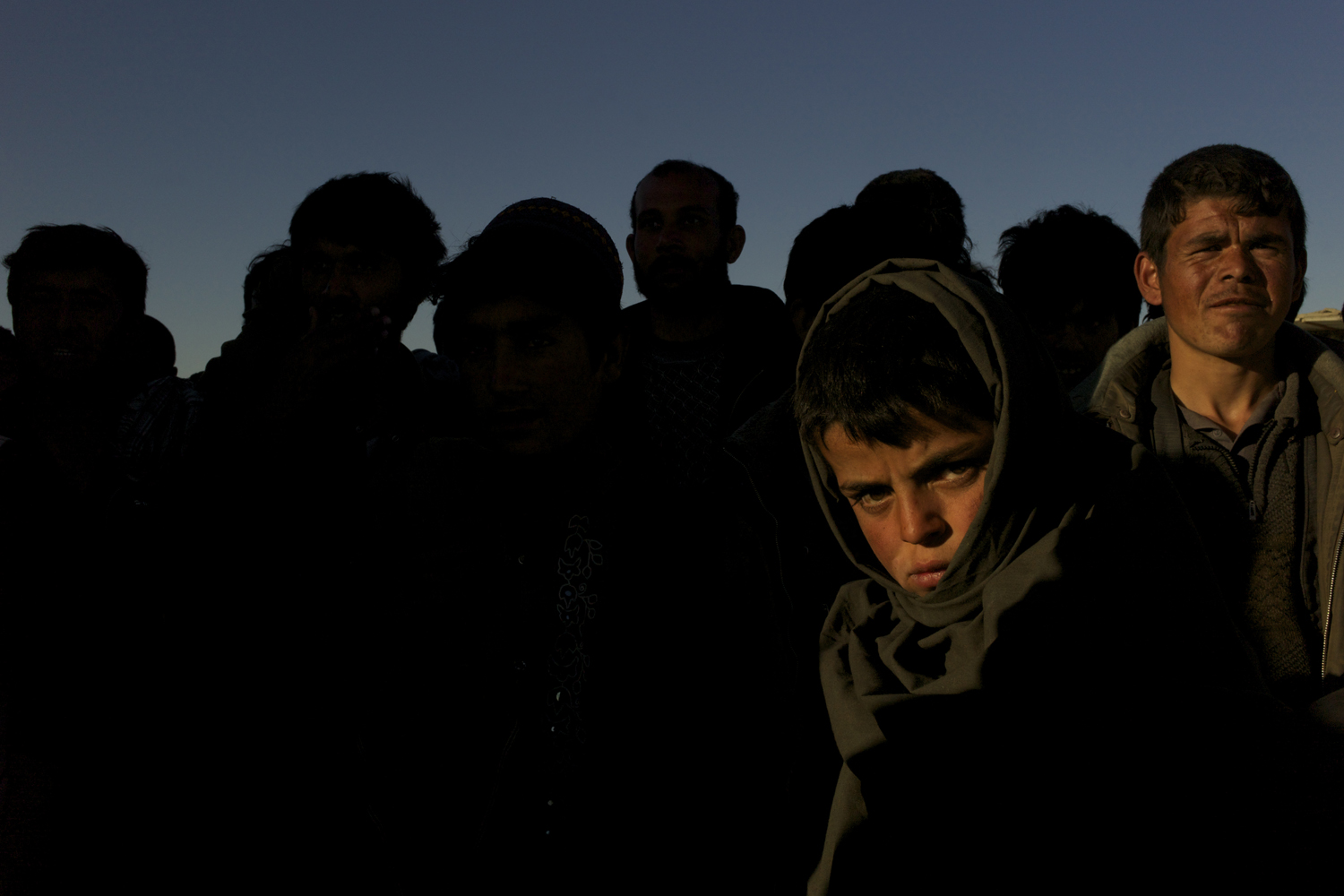
In 2008, photojournalist Alixandra Fazzina, who lives in Pakistan, began to stumble across stories of young Afghan refugees, children who were fleeing the country for Europe. Soon after she noticed the phenomenon, she visited a refugee camp in Afghanistan, where she witnessed the funeral of a boy who had died trying to cross from Turkey to Greece. Then, on the same visit, at a hospital, she met a boy who had lost his legs—not as she initially assumed, from a land mine, but as a consequence of having been kidnapped and tortured when trying to go west. “All the time he just kept saying he wanted to get the Europe again, despite the risks. He was just so convinced that there was absolutely no future for him as a young Afghan,” Fazzina says. The last time she saw him was in Greece, where he had again fled, the second time losing the prosthetic legs he had needed after his first attempt at emigration. “He was very lucky to survive that far, and he wasn’t done yet.”
The phenomenon that Fazzina observed first-hand was soon confirmed by statistics. The photographer noted a 64% jump in the number of underage Afghan refugees applying for asylum in Europe in 2010. With money that came that same year with her recognition by UNHCR (the United Nations High Commissioner for Refugees) as the first journalist to win the prestigious Nansen Refugee Award, along with the support of the Norwegian government, Fazzina began a project to document the hardships faced by young people making that journey from Afghanistan.
That project, Flowers of Afghanistan, is now about one-third completed; Fazzina is planning to continue her work in Iran, Pakistan and Italy in the coming months. “When the U.S. leaves, we’re on the brink of civil war,” she says. “It’s very important to me to be highlighting this at this point in time. It’s very important for people to realize that Afghanistan isn’t a success story.”
Although Fazzina had intended to follow the boys—and the very few girls who make the trip—along the road, photographing them, she has found that the journeys are rarely linear. Before they leave home, the boys hide their travel plans, often even from their parents; smugglers, Fazzina says, warn them that to tell will cast a jinn, a bad spirit, on their travels. And once they leave home, false starts are likely; kidnapping is frequent and deportation is a possibility even for children who seek asylum. Instead, Fazzina says she relies on networks and word of mouth, and perhaps the trust that is more easily won by a woman, to find the refugees at each stop along the way. She says that even smugglers, once they hear about her project, will reach out and provide information about their whereabouts. “Of course I want to see them traveling, but I’m not interested in photographing the smugglers themselves, so a lot of what I’ve been getting has been, in photography terms, very quiet pictures,” she says. Her photos from the series are often dark, capturing a moment of furtive rest or a person who must stay in the shadows, but stillness and gloom does not mean calm. “When I take a step back,” she says, “I often wonder if people really understand how dangerous it was.”
And the more time Fazzina has spent in that shadowy world, the clearer the patterns have become. About half the boys, she says, are fatherless due to war or sickness, thrusting them into positions of responsibility in their families. They are from the least stable provinces in the country. Recently, she met some children in Peshawar who had given up or been deported back to Afghanistan, and noticed another level of pattern. “I started to talk to them about the journey, and it was the same places, the same hotels they were held hostage in,” she says. “It’s very shocking and repetitive.”
Even though Fazzina has rarely been able to literally follow the boys she photographs, she has found that there’s a virtual way to keep track of them: through their own photographs, on Facebook. “I see a boy I’ve met and his pictures of himself in Athens, taken with fast cars and in tourist locations and in borrowed clothes, whereas the reality was he was living in a hotel, like a squat, that was being run by the smuggling mafia, full of prostitutes and drugs. It was a million miles from the pictures he showed,” she says. Unfortunately, that brave face can encourage others to try to make the dangerous journey themselves.
She once tried to make those photos that the boys take of themselves into something more true. One 16-year-old she met was passionate about photography. He was, she says, a “genius” at it. He wanted to be a filmmaker. After he survived for six days in a trucking container and arrived in Rome, Fazzina tried to get a camera to him through her colleagues in Italy. By that time he had left for Paris. They spoke by phone. He said that he had been told that he was too old when he went to a children’s home and that he was too young when he went to a refuge for adults. He was sleeping on the streets, in the winter, in the snow. She still hadn’t gotten a camera to him. He didn’t call again. “He just moved on. He disappeared. I have no idea what happened to him,” she says. “I am fearful what his fate is.”
Alixandra Fazzina is a British photojournalist. She is represented by NOOR Images and is the 2010 recipient of the UNHCR Nansen Refugee Award. More information about Flowers of Afghanistan is available here.
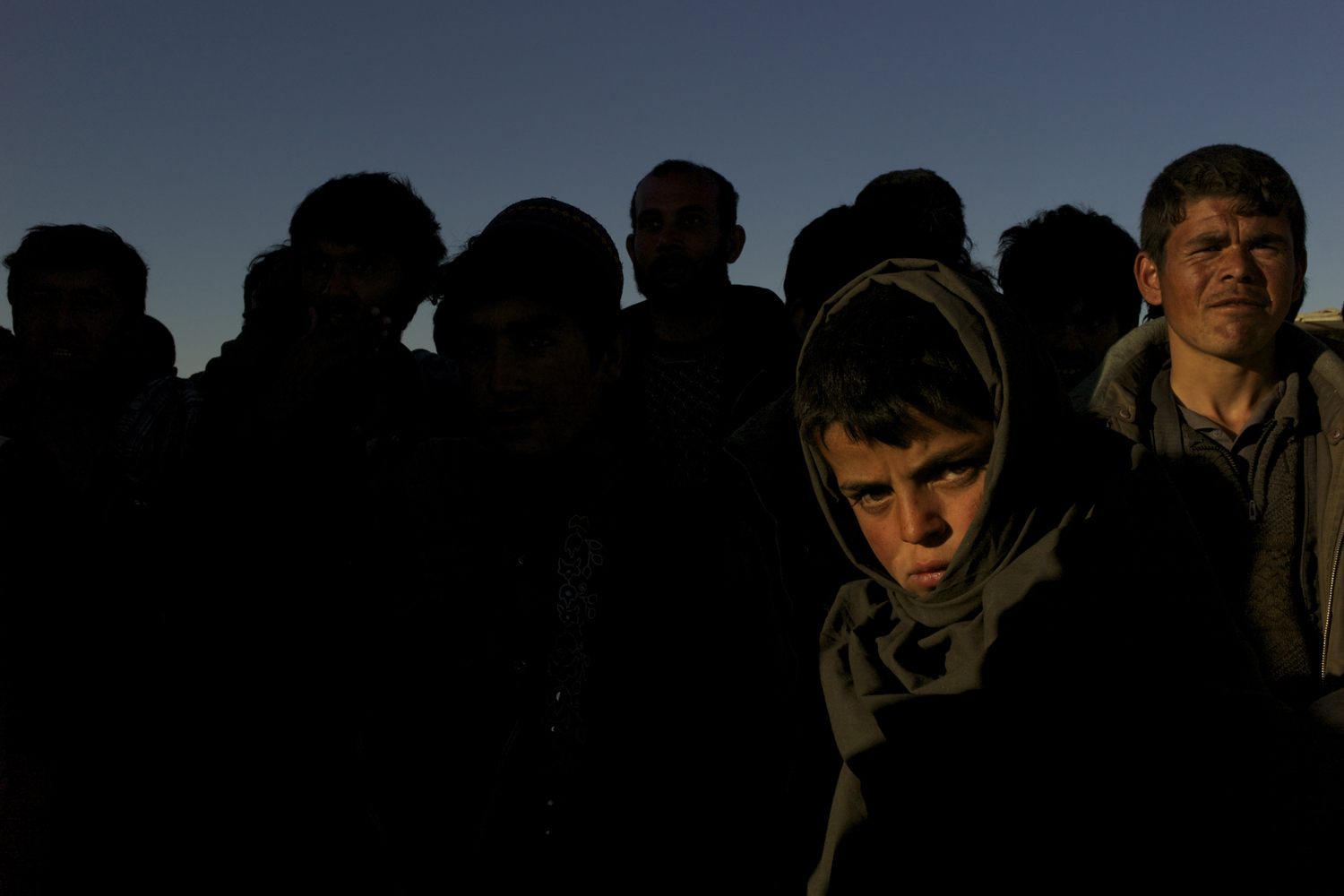
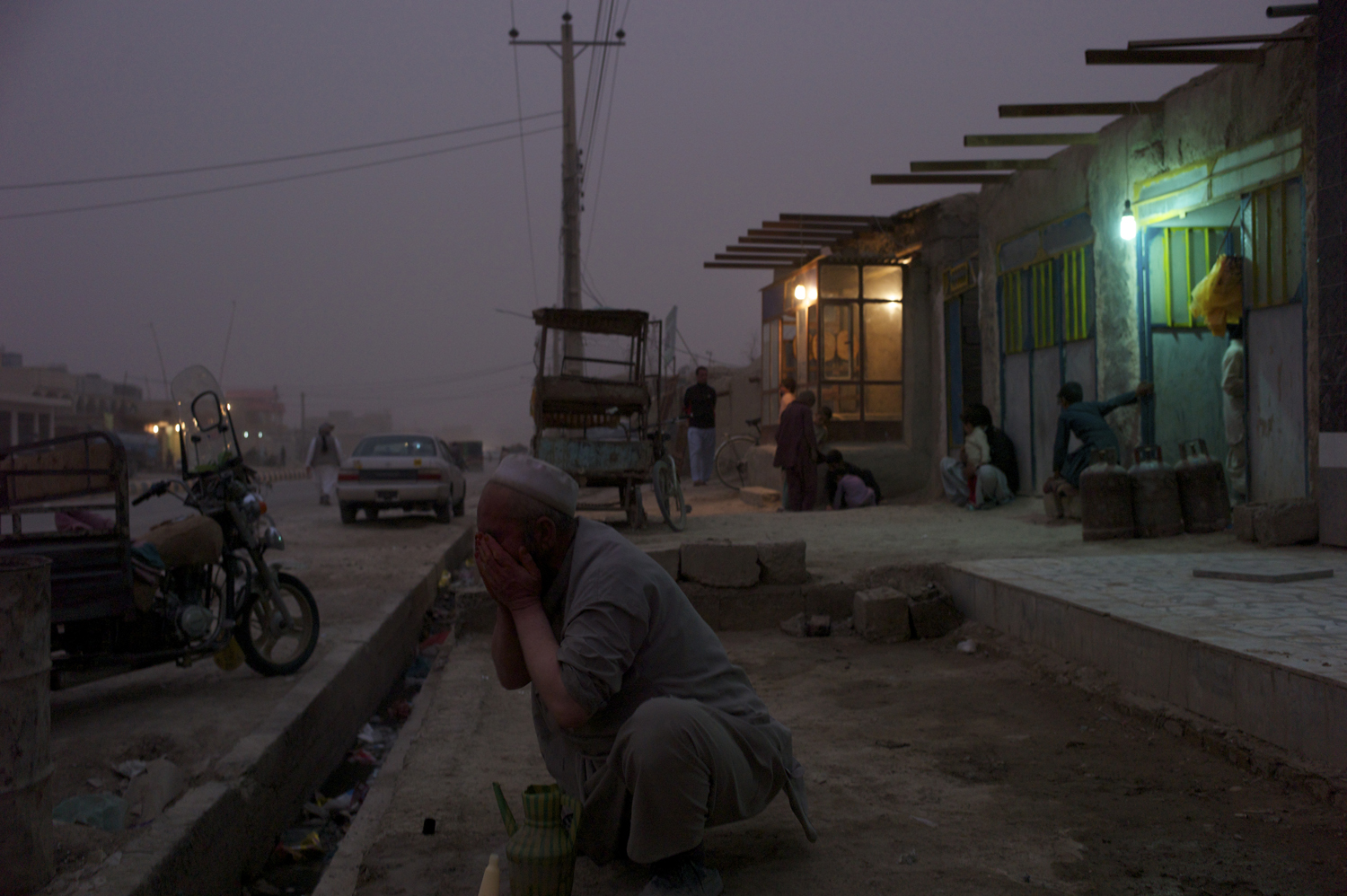
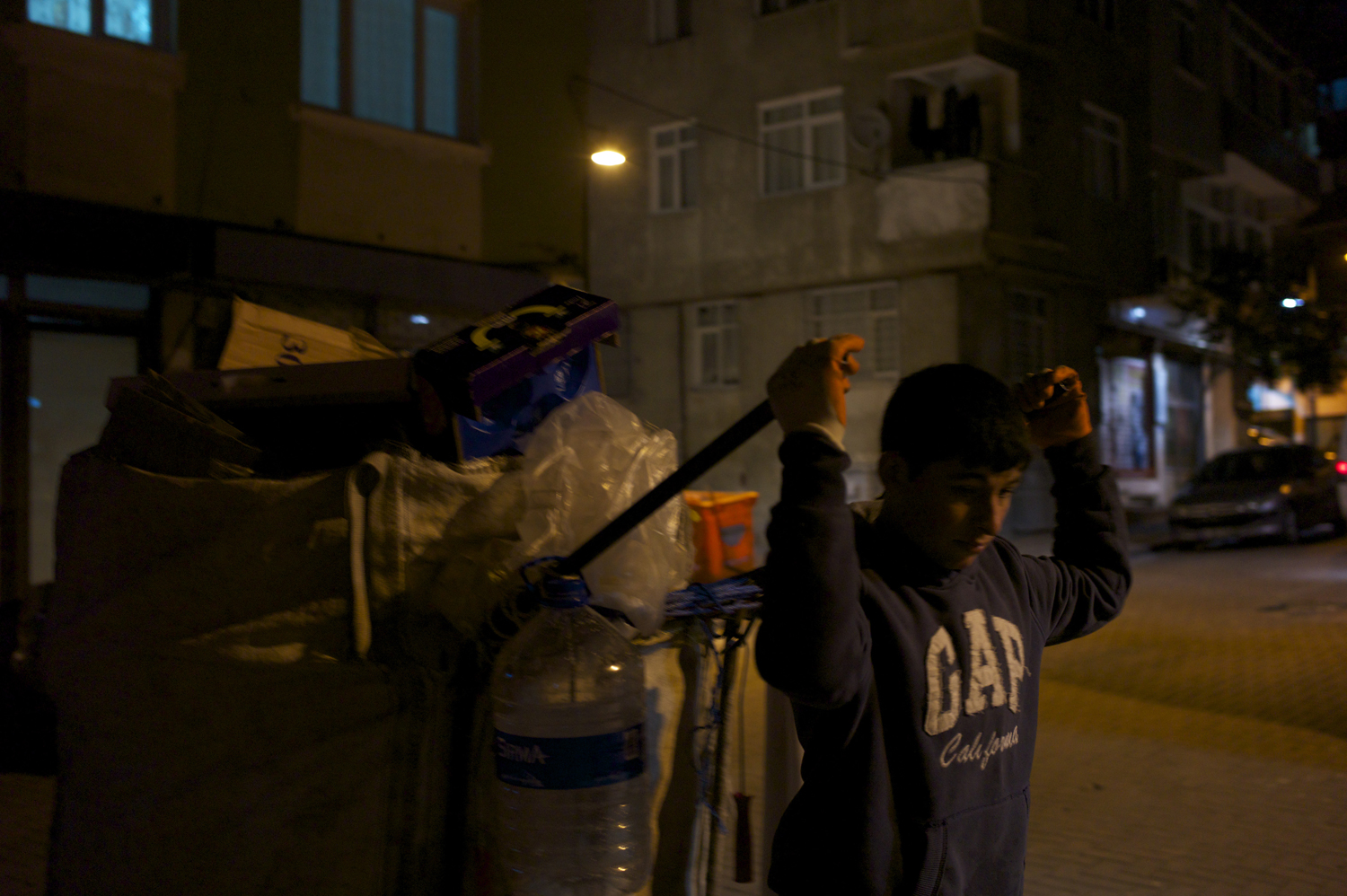
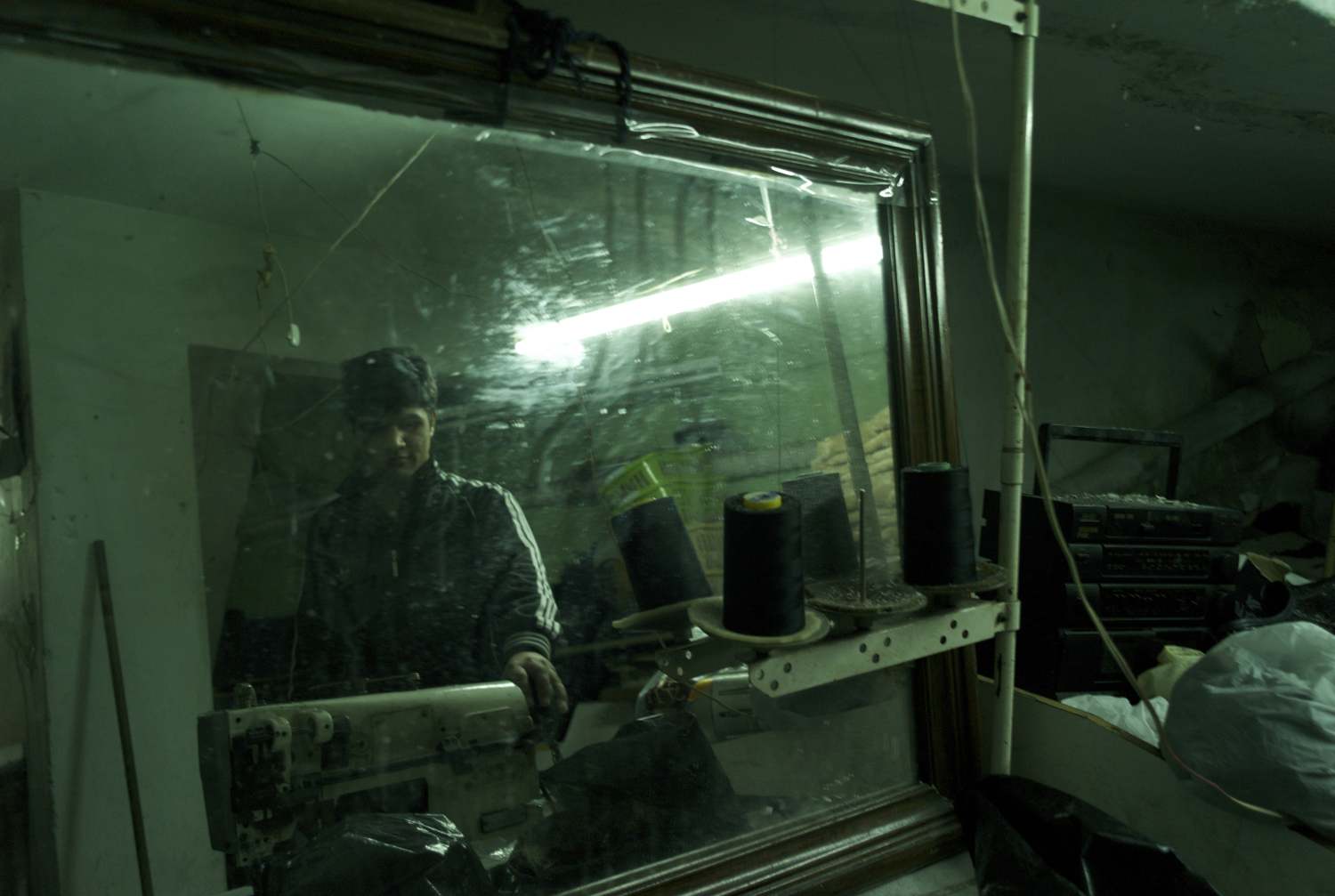
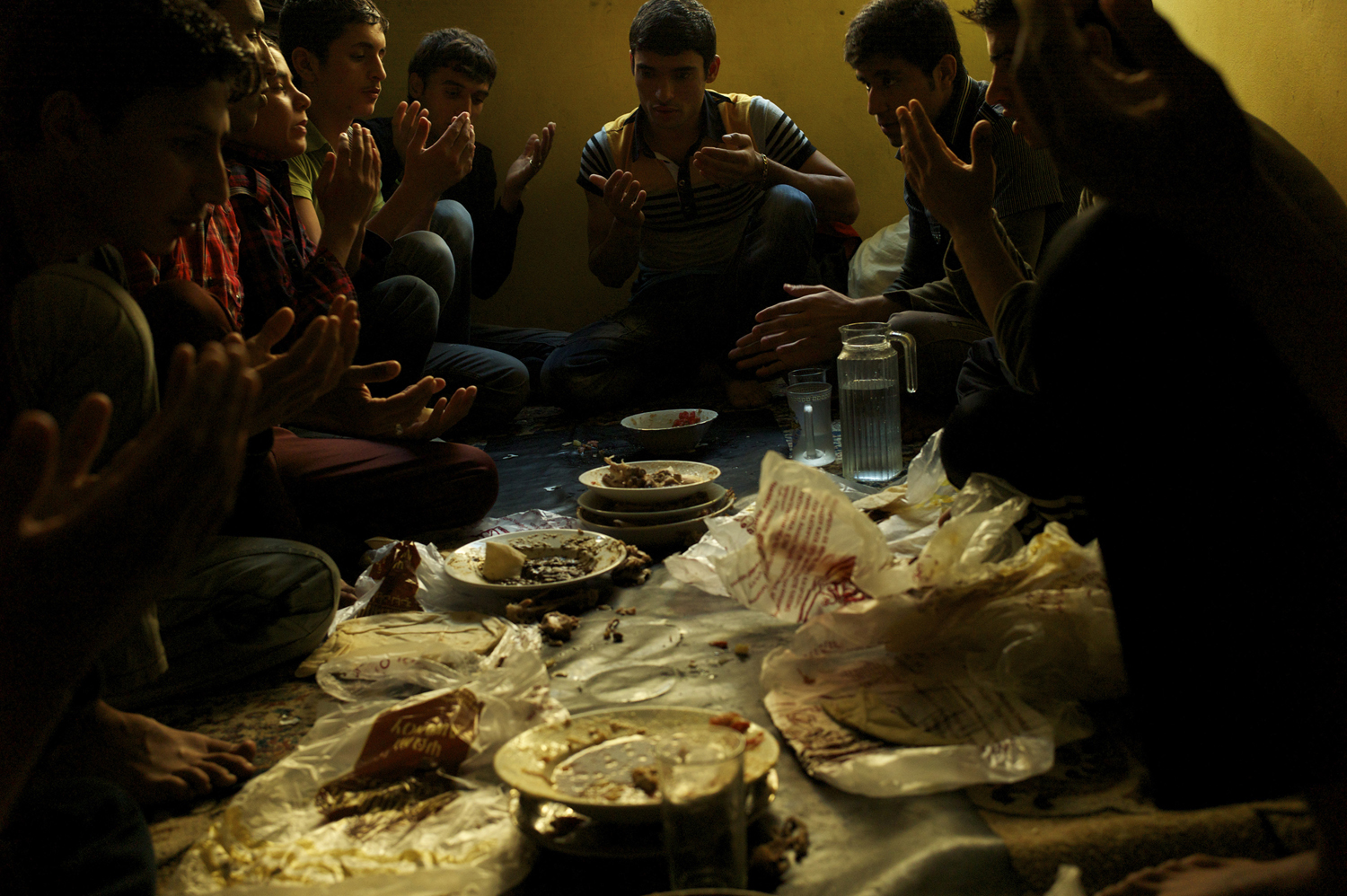
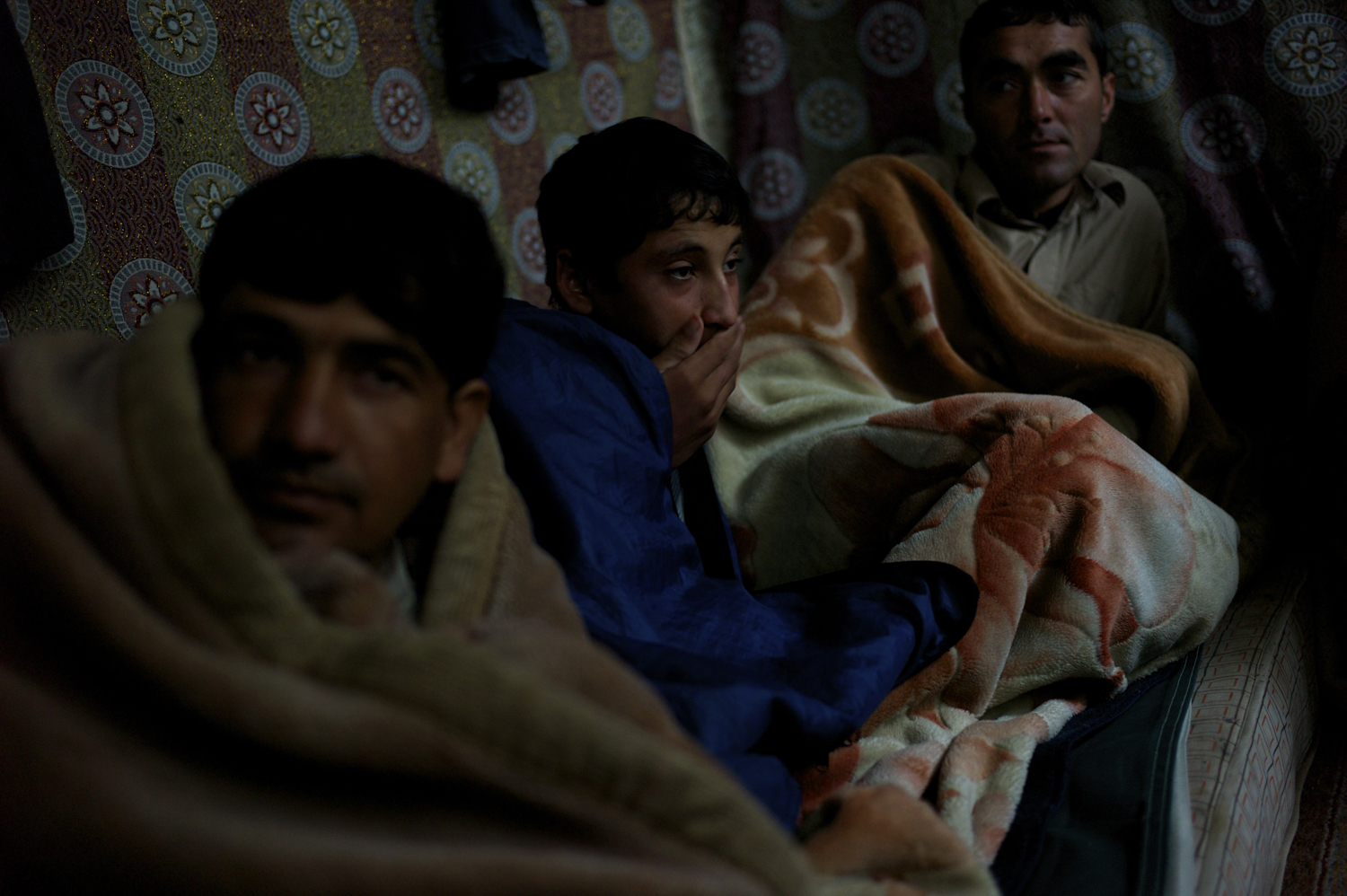
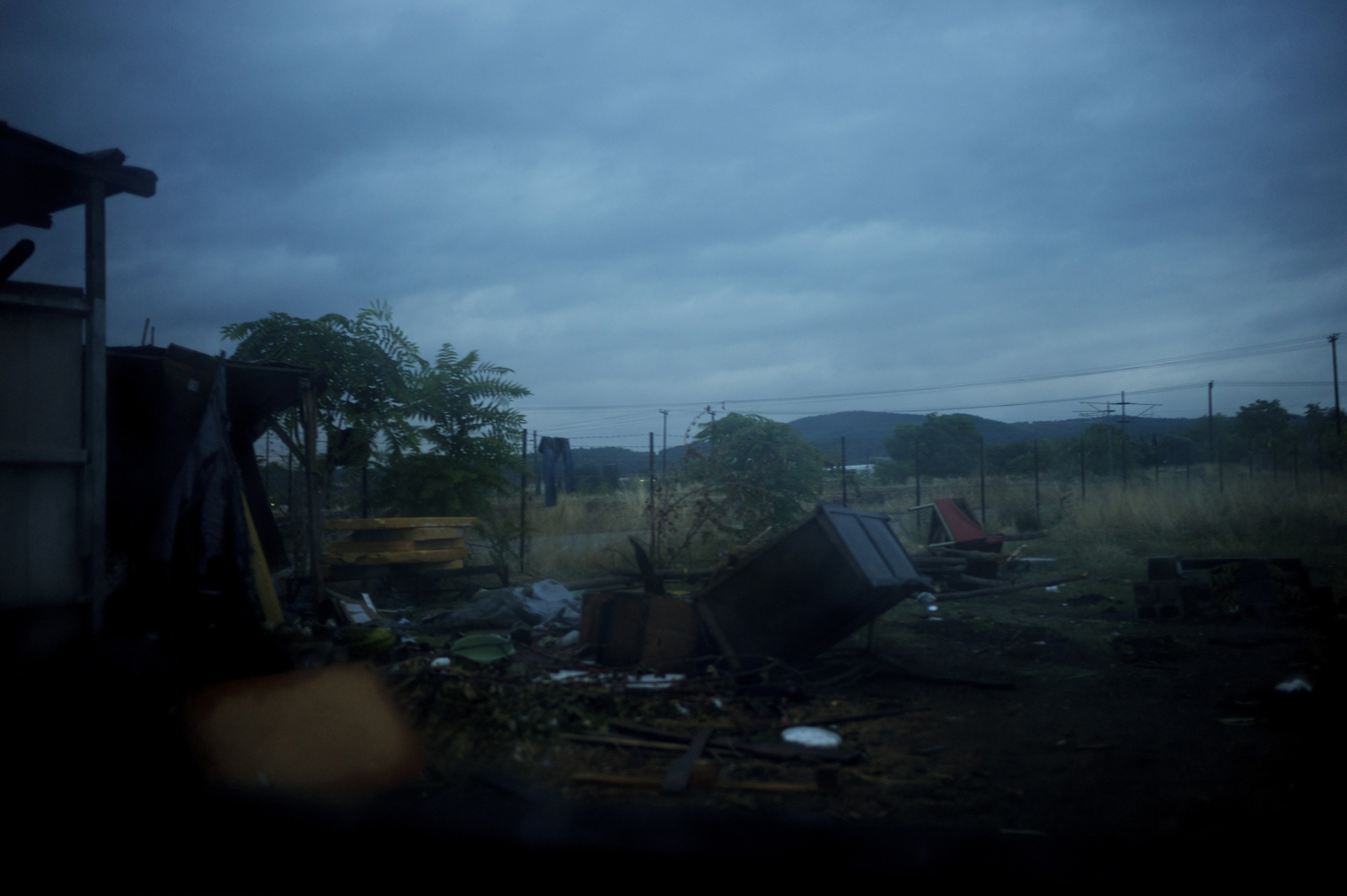
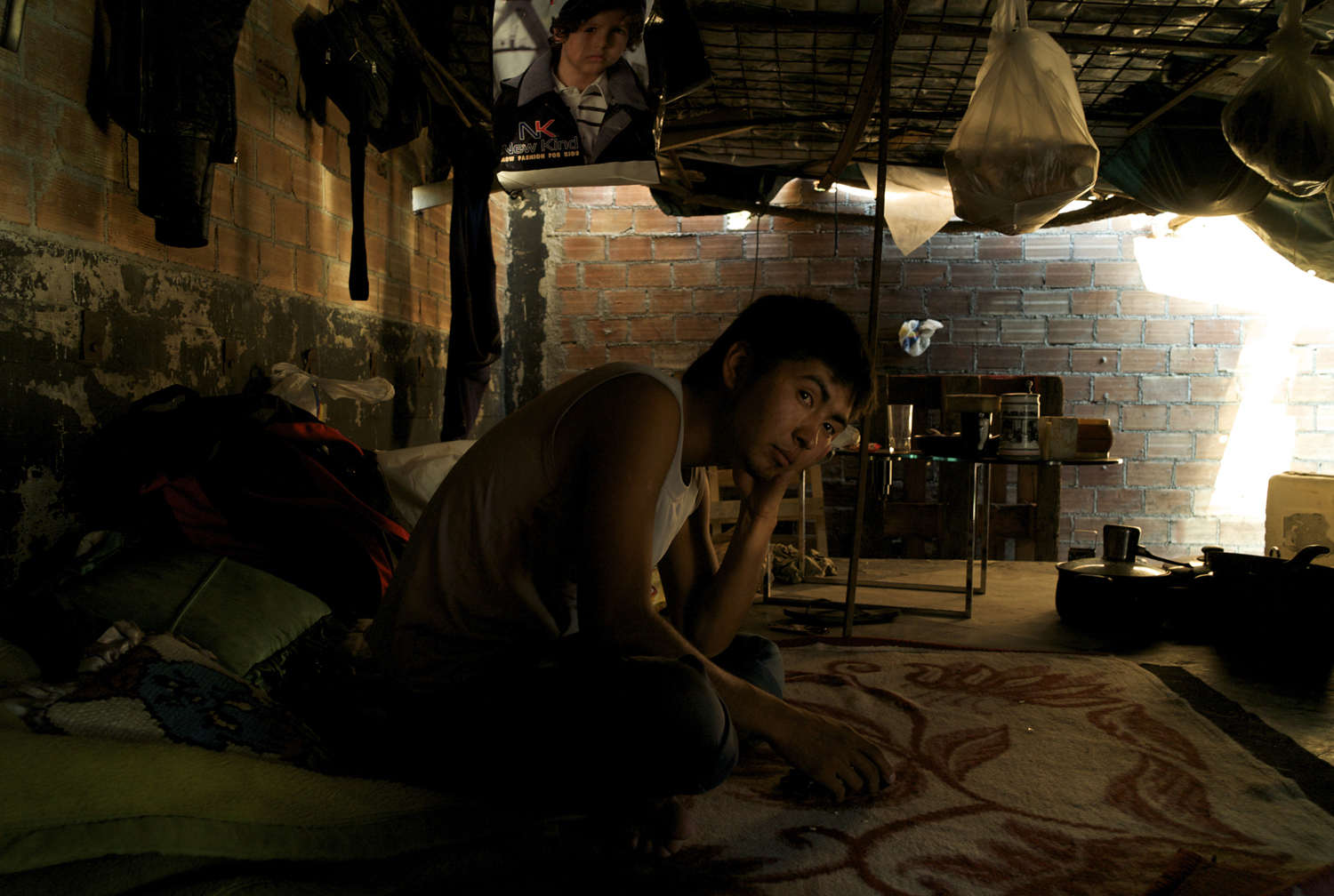
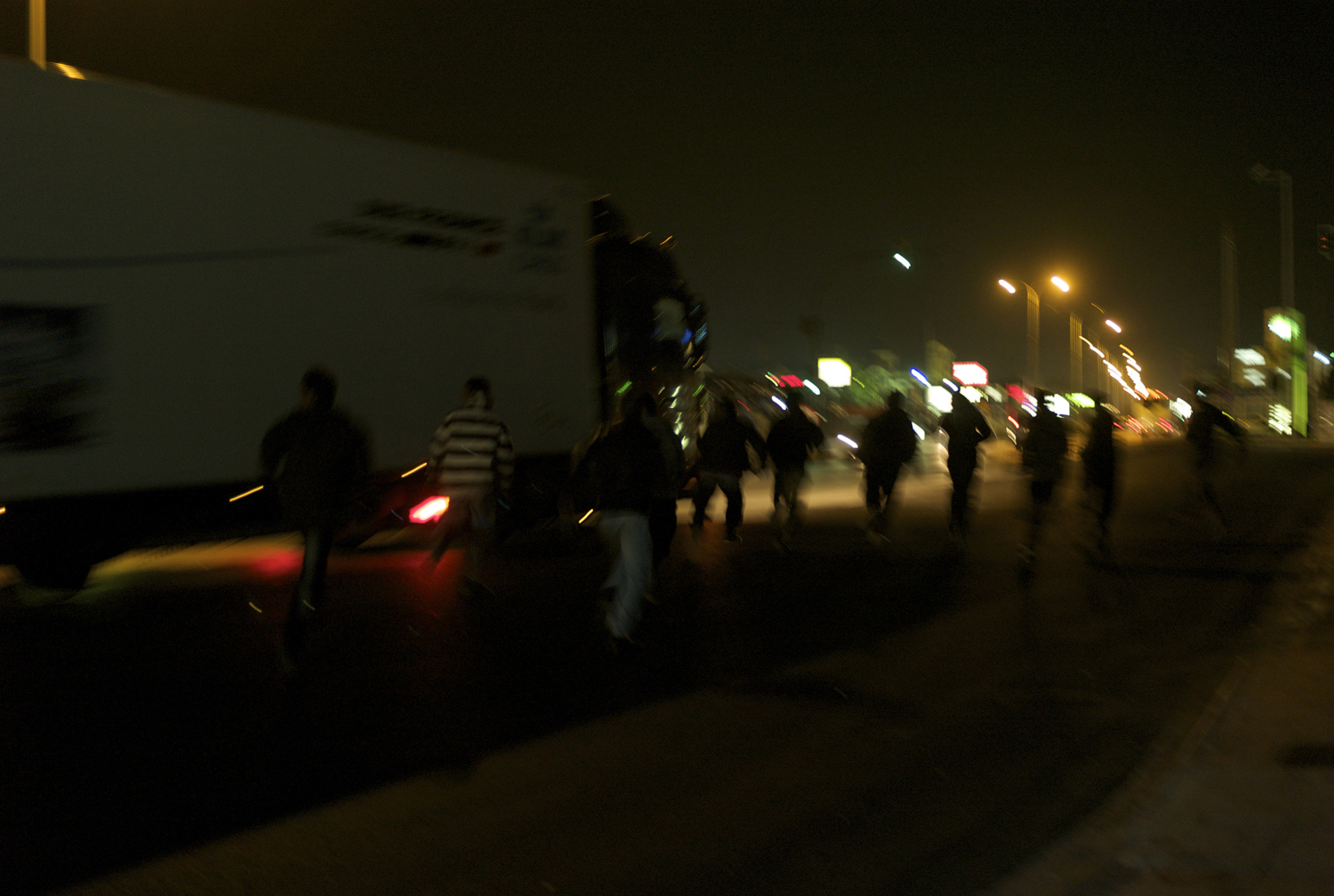
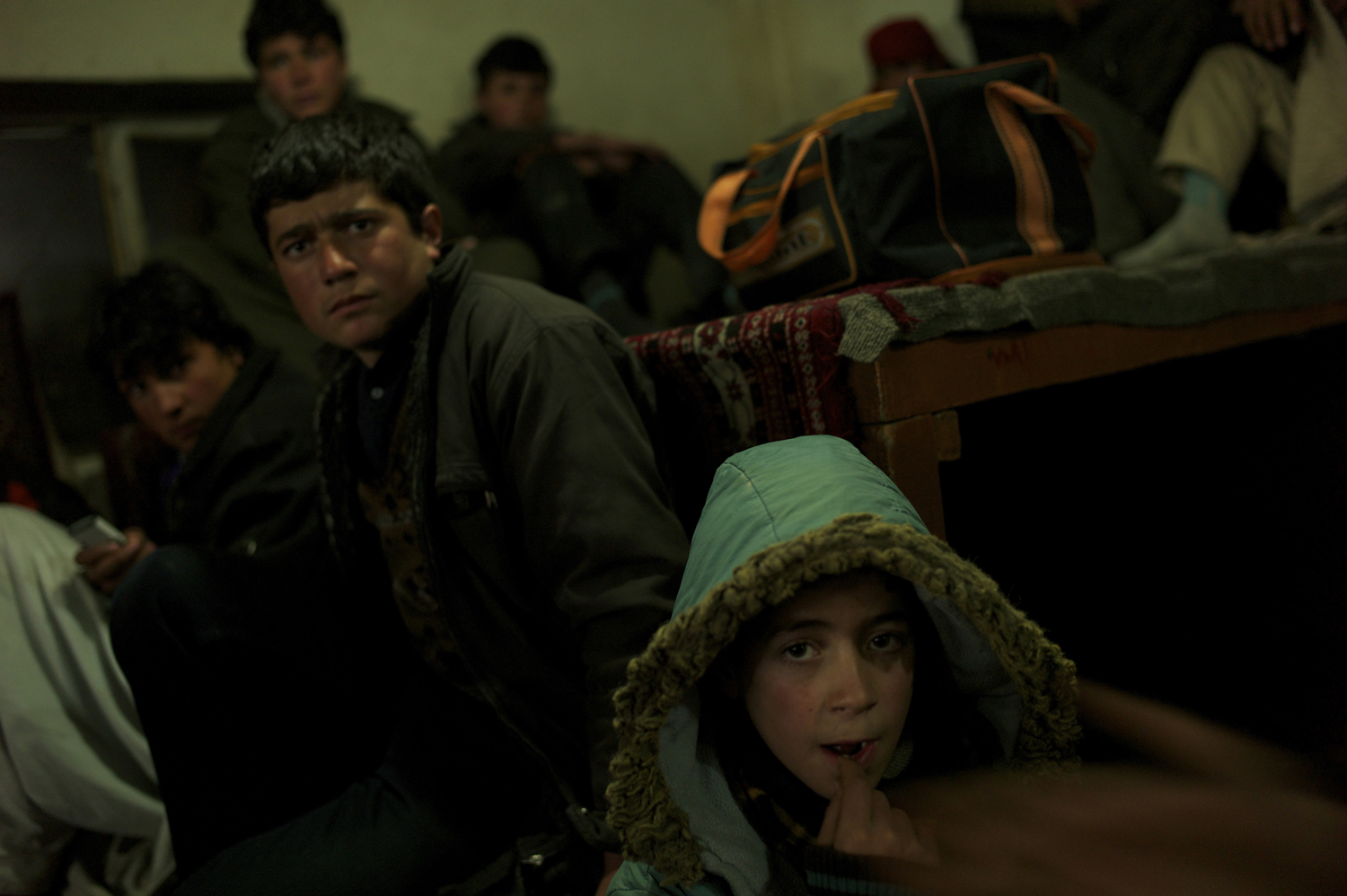
More Must-Reads From TIME
- The 100 Most Influential People of 2024
- Coco Gauff Is Playing for Herself Now
- Scenes From Pro-Palestinian Encampments Across U.S. Universities
- 6 Compliments That Land Every Time
- If You're Dating Right Now , You're Brave: Column
- The AI That Could Heal a Divided Internet
- Fallout Is a Brilliant Model for the Future of Video Game Adaptations
- Want Weekly Recs on What to Watch, Read, and More? Sign Up for Worth Your Time
Write to Lily Rothman at lily.rothman@time.com